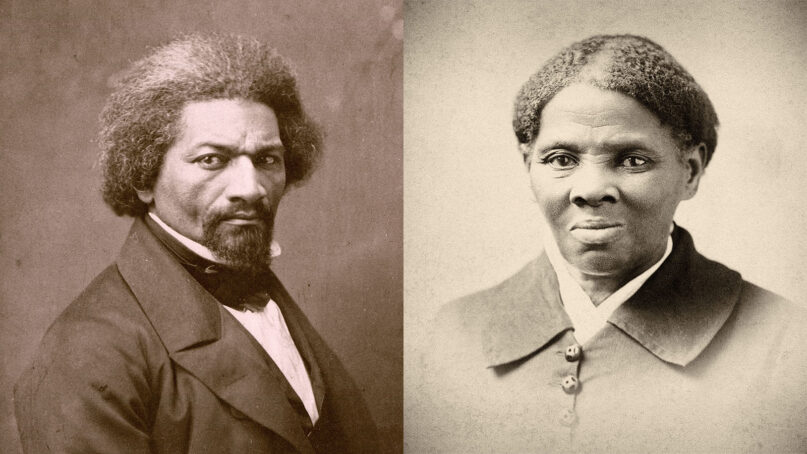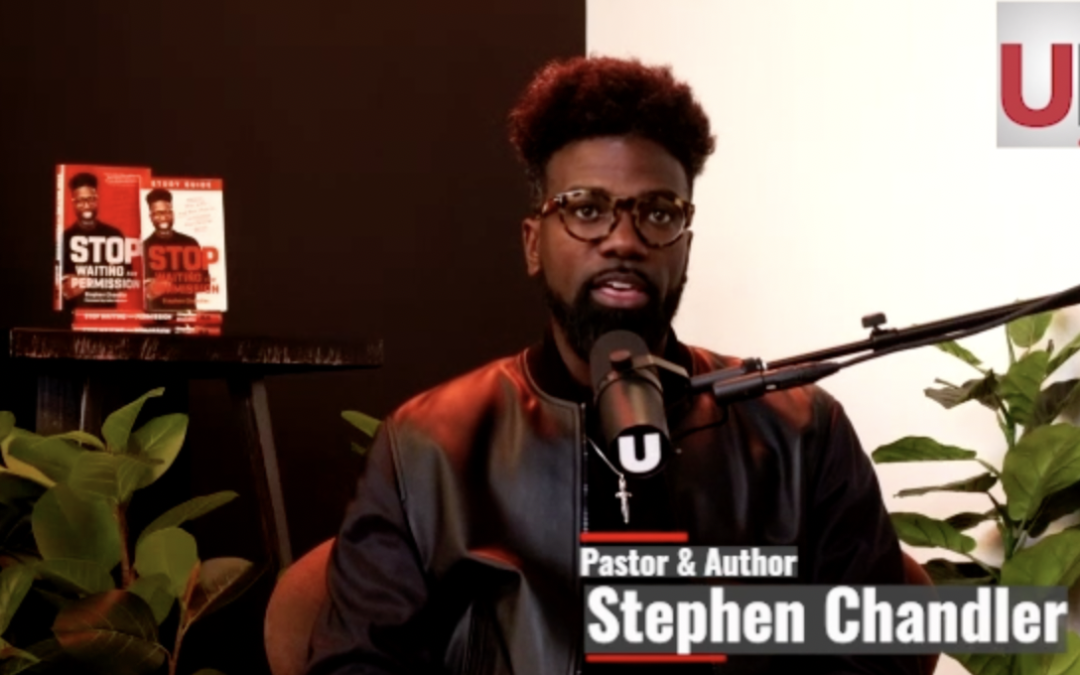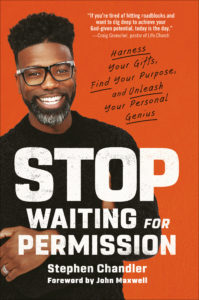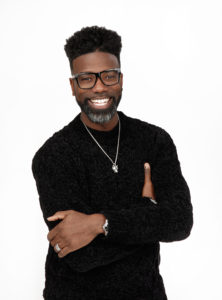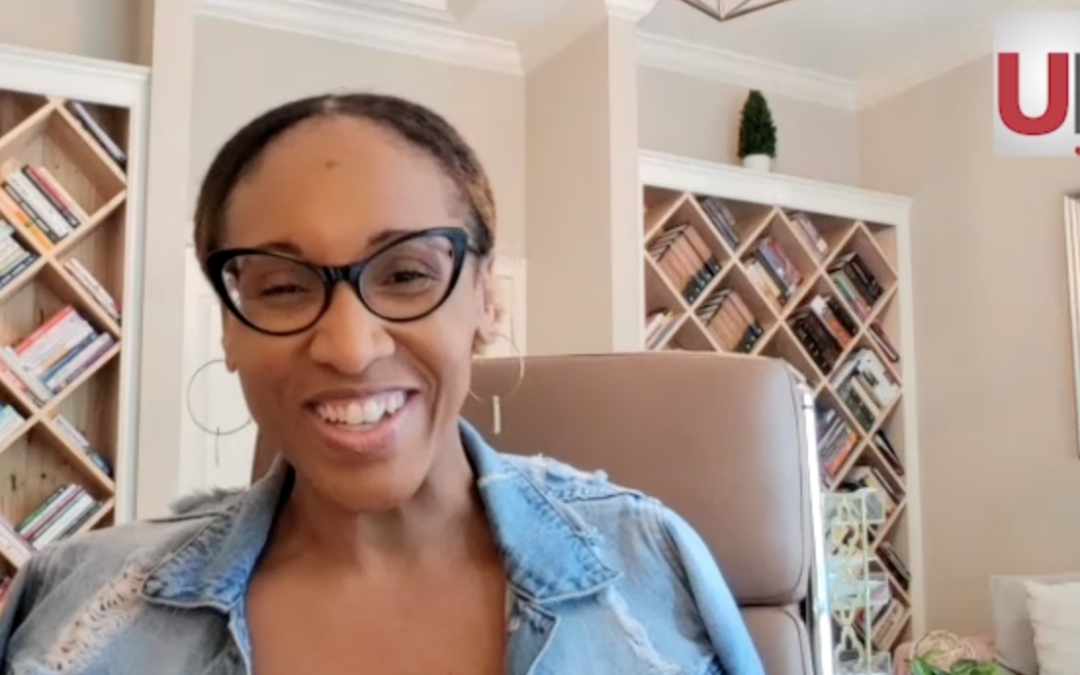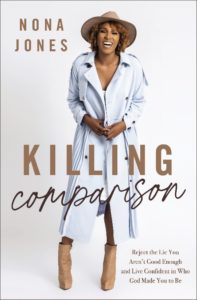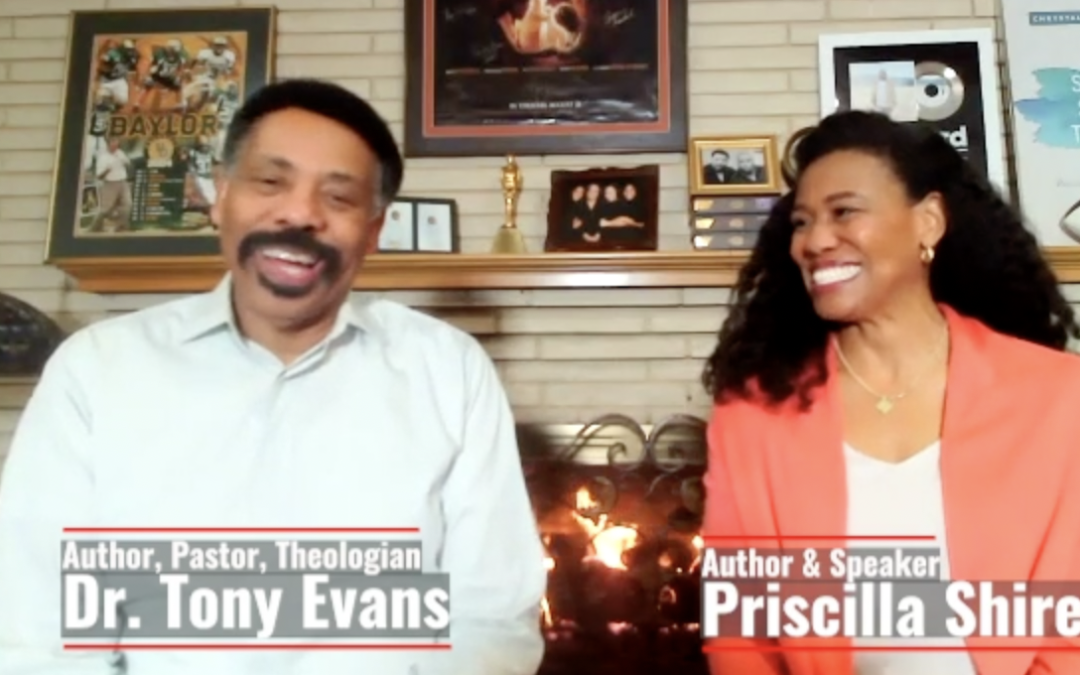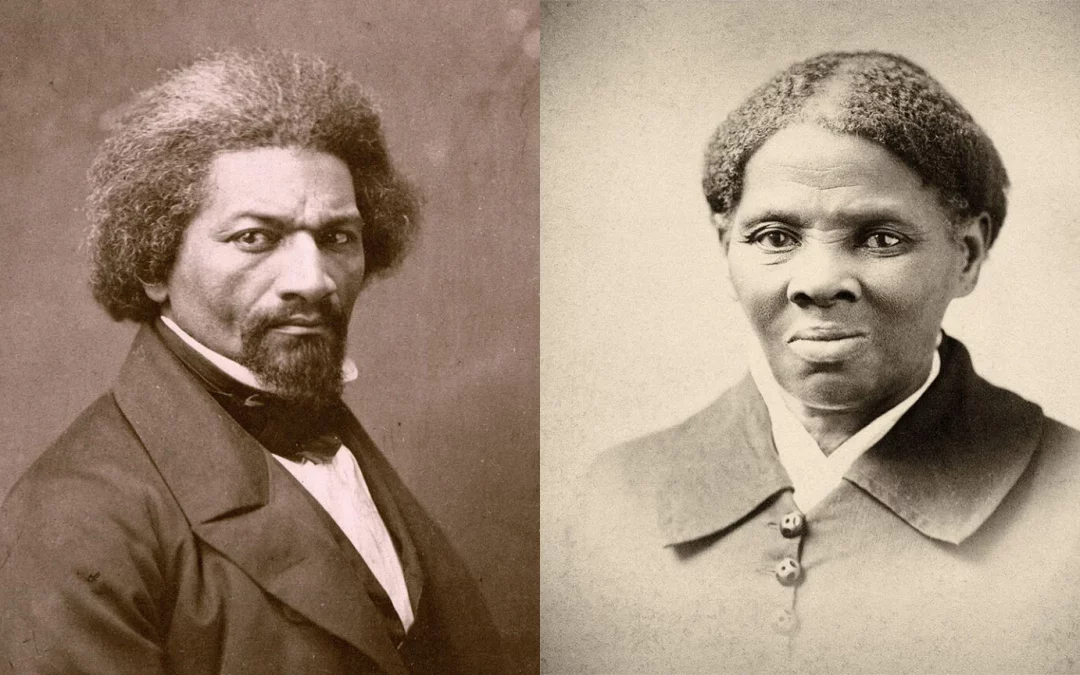
by Adelle M. Banks, RNS | Oct 20, 2022 | Black History, Commentary, Headline News, Heritage |
(RNS) — Frederick Douglass called the Bible one of his most important resources and was involved in Black church circles as he spent his life working to end what he called the “peculiar institution” of slavery.
Harriet Tubman sensed divine inspiration amid her actions to free herself and dozens of others who had been enslaved in the American South.
The two abolitionists are subjects of a twin set of documentaries, “Becoming Frederick Douglass” and “Harriet Tubman: Visions of Freedom,” co-productions of Maryland Public Television and Firelight Films and released by PBS this month (October).
“I think that the faith journey of both Harriet Tubman and Frederick Douglass were a huge part of their story,” Stanley Nelson, co-director with Nicole London of the two hourlong films, said in an interview with Religion News Service.
“Religion for both Harriet Tubman and Frederick Douglass was the foundation in many ways of who they are.”
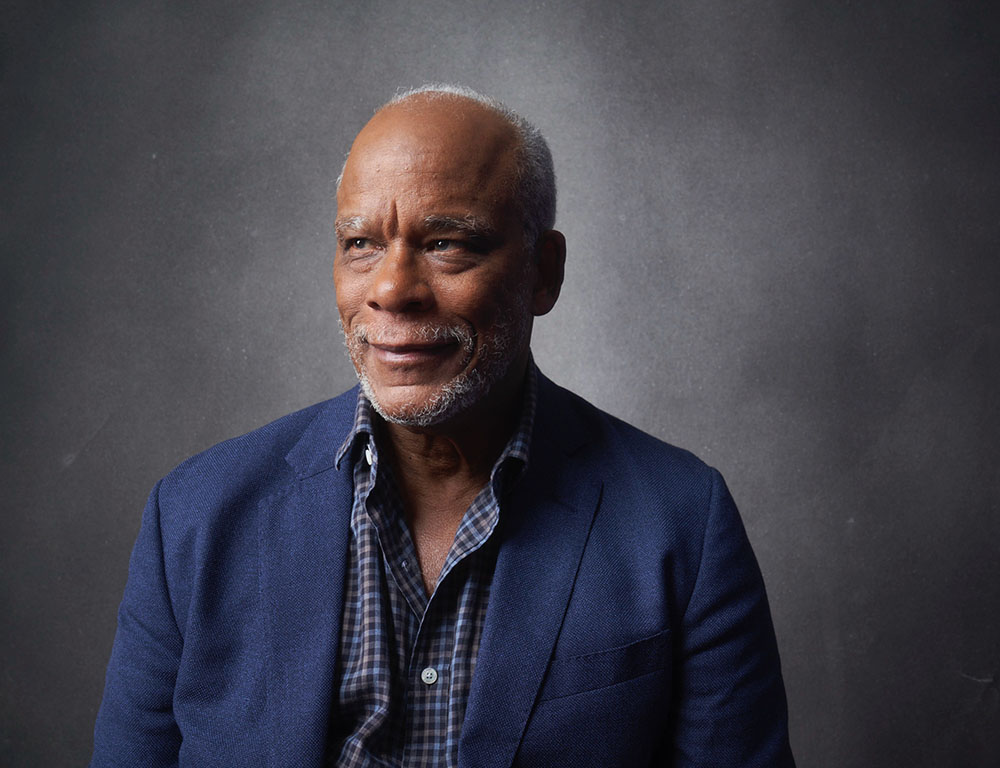
Stanley Nelson. Photo by Corey Nickols
The films, whose production took more than three years in part due to a COVID-19 hiatus, detail the horrors of slavery both Tubman and Douglass witnessed. Tubman saw her sister being sold to a new enslaver and torn away from her children. A young Douglass hid in a closet as he watched his aunt being beaten. They each expressed beliefs in the providence of God playing a role in the gaining of their freedom.
Scholars in both films spoke of the faith of these “original abolitionists,” as University of Connecticut historian Manisha Sinha called people like Tubman, who took to pulpits and lecterns as they strove to end the ownership of members of their race and sought to convince white people to join their cause.“The Bible was foundational to Douglass as a writer, orator, and activist,” Harvard University scholar John Stauffer told Religion News Service in an email, expanding on his comments in the film about the onetime lay preacher. “It influenced him probably more than any other single work.”
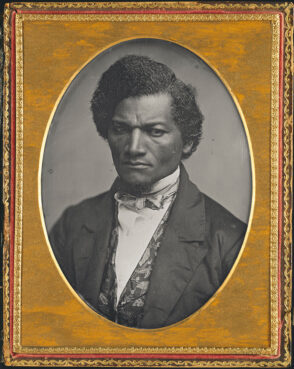
Frederick Douglass, circa 1847-52. Photo by Samuel J. Miller, courtesy of the Art Institute of Chicago Stauffer said the holy book, which shaped Douglass’ talks and writings, was the subject of lessons at a Sunday school he organized to teach other slaves.
“It’s impossible to appreciate or understand Douglass without recognizing the enormous influence the Bible had on him and his extraordinary knowledge of it,” Stauffer added.
Actor Wendell Pierce provides the voice of Douglass in the films, quoting him saying in an autobiography that William Lloyd Garrison’s weekly abolitionist newspaper The Liberator “took a place in my heart second only to the Bible.”
The documentary notes that Douglass was part of Baltimore’s African Methodist Episcopal Church circles that included many free Black people. Scholars say he met his future wife Anna Murray, who encouraged him to pursue his own freedom, in that city.
“The AME Church was central in not only creating a space for African Americans to worship but creating a network of support for African Americans who were committed to anti-slavery,” said Georgetown University historian Marcia Chatelain, in the film.
The Douglass documentary is set to premiere Tuesday (Oct. 11) on PBS. It and the Tubman documentary, which first aired Oct. 4, will be available to stream for free for 30 days on PBS.org and the PBS video app after their initial air dates. After streaming on PBS’ website and other locations for a month, the films, which include footage from Maryland’s Eastern Shore where both Douglass and Tubman were born, will then be available on PBS Passport.
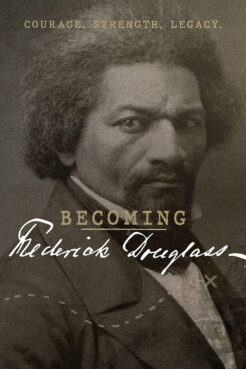
- Poster for “Becoming Frederick Douglass.” Courtesy image
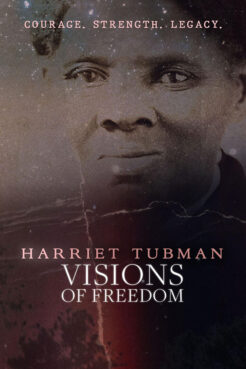
- Poster for “Harriet Tubman: Visions of Freedom.” Courtesy image
The Tubman documentary opens with her words, spoken by actress Alfre Woodard.
“God’s time is always near,” she says, in words she told writer Ednah Dow Littlehale Cheney around 1850. “He set the North Star in the heavens. He gave me the strength in my limbs. He meant I should be free.”
Tubman, who early in life sustained a serious injury and experienced subsequent seizures and serious headaches, often had visions she interpreted as “signposts from God,” said Rutgers University historian Erica A. Dunbar in the film.
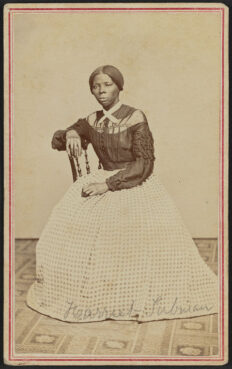
Portrait of Harriet Tubman taken in Auburn, New York. Photo courtesy of Library of Congress. The woman known as “Moses” freed slaves by leading them through nighttime escapes and later as a scout for the Union Army in the Civil War.
“She never accepted praise or responsibility, even, for these great feats,” Dunbar said. “She always saw herself as a vessel of her God.”
But, nevertheless, praise for Tubman came from Douglass, who noted in an 1868 letter to her that while his work was often public, hers was primarily in secret, recognized only by the “heartfelt, ‘God bless you’” from people she had helped reach freedom.
Nelson, a religiously unaffiliated man who created films about the mission work of the United Methodist Church early in his career, said the documentary helps shed light on the importance faith held for Tubman.
“It’s something that most people don’t know and so many people who see the film for the first time are kind of surprised at that,” he said in an interview. “She felt she was guided by a divine spirit and the spirit told her what to do.”
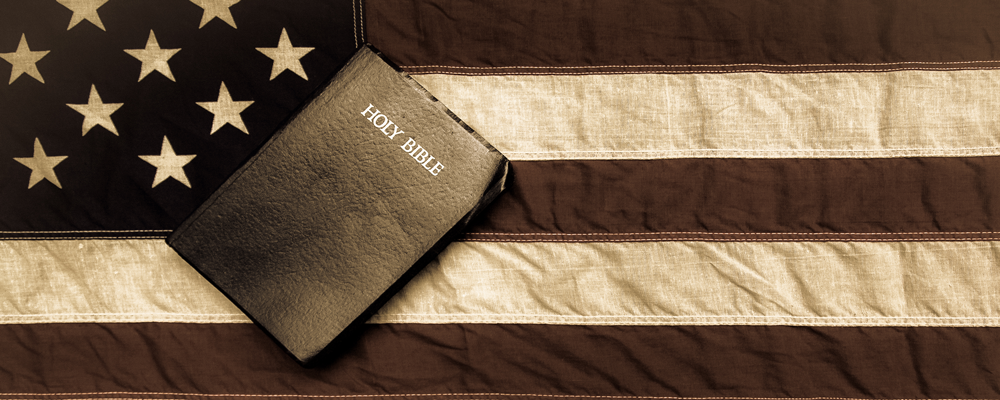
by Edward Ford Jr. | Oct 18, 2022 | Commentary, Headline News, Social Justice |

As a Christian, you may ask yourself at times how to live out your faith in the public sphere. Injustices are occurring in the world around us every day. Because your faith doesn’t allow you to ignore these happenings, you feel a strong desire from within to take productive action. Some people choose to take harmful action but your desire is to take action that heals, that works towards justice and that shows God’s love for humanity. This is what we should aim to do, and my goal is to help you begin to think of ways you can live out your faith while having a positive impact on the world around you.
We are called to live out our faith and have an impact on society. A verse in the scriptures that reiterates this calling is Micah 6:8, which says “He has told you, O man, what is good; and what does the Lord require of you but to do justice, and to love kindness, and to walk humbly with your God?” In this verse Micah points out what God requires of us. We are to do Justice. How are we “to do Justice”? What does that mean for us? Justice comes in different forms. We can do Justice by lending help to the parent who is struggling to put food on the table and is earning just enough to put a roof over their children’s heads. We can lend our help by offering to buy them groceries, maybe filling up their car with gas or connecting them to resources that can give them financial assistance and build their credit. We can do justice by assisting the homeless in our community to find shelter and get them connected to resources that will supply them with food and daily necessities. We can do justice by giving our time, talent and treasure to community organizations that give back to youth, those who are less fortunate and those who are struggling to make it each day.

These are some ways we can do justice on an individual basis. To those who already do such acts regularly, I commend you. Continue this good work. However, there’s also a need for justice on a systemic level within our society. As Christians, we are to follow the example of Christ, and stand beside those who are looked down on and mistreated by society. We have the capability to do justice on a systemic level by advocating for changes within our systems. We should advocate for opportunities for disadvantaged youth. Whether that be through mentorship programs, academic tutoring, pouring more resources into historically underfunded schools and giving families more choices as to where their child can attend. We should advocate for those who are battling unfair sentences in the justice system and creating opportunities for those who have paid their debt to society, in an effort to reduce recidivism rates. We should aim to provide more accessible opportunities for employment, educational opportunities, and programs for financial and civic literacy once they are released. More people should focus on advocating for those struggling with mental health issues and substance abuse. These are initiatives that would exhibit justice as Micah 6:8 led us to do.
Our participation in advocating for policy and systemic change in the public sphere is crucial. Many people believe their voice doesn’t matter, and as a result they don’t bother to vote or advocate for change. I can understand why many feel this way. However, inaction by good hearted people doesn’t get us further towards justice at all. Our government is supposed to be by and for the people. That means we the people of the United States have a voice and can move our government through civic engagement to reform laws and systems to deliver true justice. We can have a great impact especially on a local level. For example, after the terrible deaths of George Floyd and Breonna Taylor many cities across the country were pressed by citizens to take action against not only police brutality but racial injustice on a broad systemic level. That means in education, voting, criminal justice, and especially public health as the COVID-19 pandemic exposed the inequities in our health care system. With much to be addressed U.S. cities and state governments passed their own policies in an attempt to tackle racial injustice. In my home City of Middletown, CT where I am a member of the City Council, we decided to establish a Task Force on Anti-Racism. This Task Force was given the charge to find policy solutions to systemic racism wherever it exists under our jurisdiction. My colleagues and I received numerous emails from residents calling for change. The establishment of the Task Force was a response to residents’ call to action and would be the beginning of furthering justice within our own community. This is one example of how people can make a difference and move our government from stagnation and lip service to action and moving in the right direction. I encourage you to believe that your voice matters. Someone is waiting for you to stand up for the cause of justice.
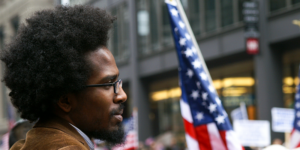
With myriad issues that need to be addressed it’s easy to feel overwhelmed. You don’t have to figure out how you will be an advocate for all of them. I encourage you to look at the example of Christ. He advocated for those who were hungry, sick, outcasts and shamed. He even advocated for you before you were born so that you may have life more abundantly. If you use your time and energy each day advocating for justice, you are advocating for those who are facing current circumstances as well as generations to come. Remember, to do justice is to take action that creates a society where everyone has the opportunities, tools and resources to fulfill their God-given potential. Justice can be restorative instead of further tearing individuals down.
I focused in the previous passages on how we “do justice.” However, those actions are to love kindness and walk humbly as well. When we reach out our hand to help and advocate for others who society would rather turn their backs on, we extend kindness. When we set aside our pride and consider the circumstances of others instead of solely focusing on our own, we begin to walk humbly. I challenge you to think about what issues in your community you can begin to advocate for that would further the cause of justice. What Town Hall meetings can you attend to advocate for justice? What issues can you write your Legislator or Mayor about? If you don’t know who these individuals are, I encourage you to research them. As you begin to walk in the requirements of Micah 6:8, you will be living out your faith in the public sphere.
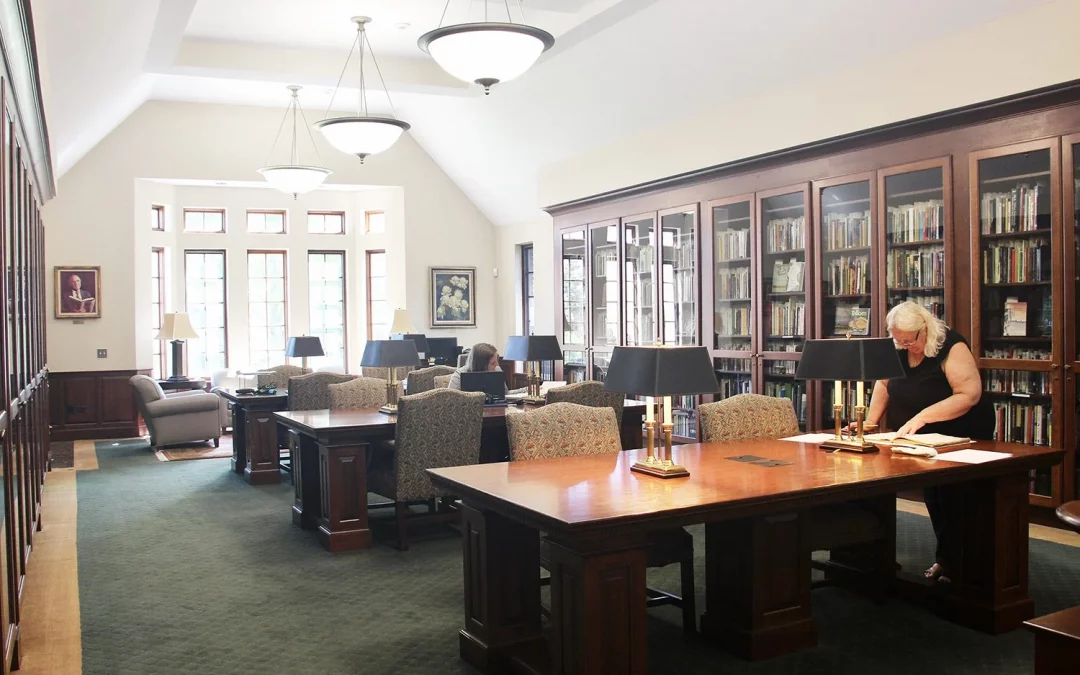
by Emily McFarlan Miller, RNS | Oct 11, 2022 | Commentary, Headline News |
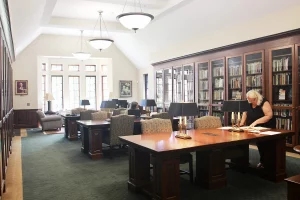
Wheaton College has an open library commemorating Tolkien and the “Lord of the Rings” universe, formally known as the Marion E. Wade Center, at the college in Wheaton, Illinois. RNS Photo by Emily Miller
WHEATON, Illinois (RNS) — It started with an inkling.
It was the 1950s. Clyde S. Kilby, then an English professor at Wheaton College, had a feeling about a British author he’d been reading named C.S. Lewis — that he was “probably going to be famous one day,” according to Crystal Downing, co-director of Wheaton’s Marion E. Wade Center.
So Kilby wrote to Lewis and started collecting books and letters written by the author. He met some of Lewis’ friends and family.
Years later, he was traveling to England to work with Lewis’ Oxford University colleague J.R.R. Tolkien on “The Silmarillion,” a collection of stories that fill in the background of Tolkien’s beloved “Lord of the Rings” trilogy.
Decades later, the professor’s collection of letters and books has grown to become the Marion E. Wade Center, one of the foremost research centers not only on Lewis, but also Tolkien and five other British Christian authors who had influenced Lewis’ work.
Now the Wade Center is preparing for an influx of archival materials and interest as Tolkien and his fantasy world of Middle-earth have once again grabbed the spotlight.
RELATED: Tolkien fans hope to turn his house into a ‘Rivendell’ for writers and filmmakers
After years of speculation, the first two episodes of “The Rings of Power” — the multimillion dollar prequel series produced by Amazon Studios and inspired by the appendices to Tolkien’s “Lord of the Rings” novels, debuted Thursday night (Sept. 1) on Prime Video, Amazon’s streaming service.
“Tolkien probably would never have gotten published if it weren’t for Lewis,’” Downing said.
“And, of course, Lewis wouldn’t be famous if it weren’t for Tolkien because Tolkien is the one who convinced him he could be a Christian.”
The Wade Center can feel like the evangelical Christian college’s best-kept secret, housed in a cozy building that looks like a stone English cottage nestled into Wheaton’s suburban Chicago campus.
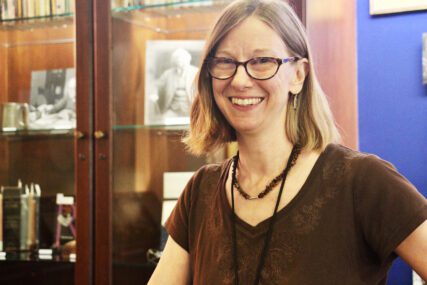
Laura Schmidt, archivist and Tolkien specialist at the Marion E. Wade Center at Wheaton College. RNS Photo by Emily Miller
But Laura Schmidt, archivist and Tolkien specialist at the center, said, “Tolkien knew about Wheaton College. He knew about the Wade Center.”
Pre-pandemic, the Wade Center welcomed about 10,000 people a year, ranging from elementary students from Chicago-area school districts to scholars from around the world.
Its archive includes books belonging to authors Lewis, Tolkien, Dorothy Sayers, George MacDonald, G.K. Chesterton, Owen Barfield and Charles Williams (including more than 2,400 from Lewis’ personal library alone). It also includes original manuscripts of their work, letters they wrote and oral history recordings of people who knew them.
Among its treasures are rare, autographed first editions of Tolkien’s “Lord of the Rings” trilogy and “The Hobbit,” all featuring cover artwork designed by the author himself.
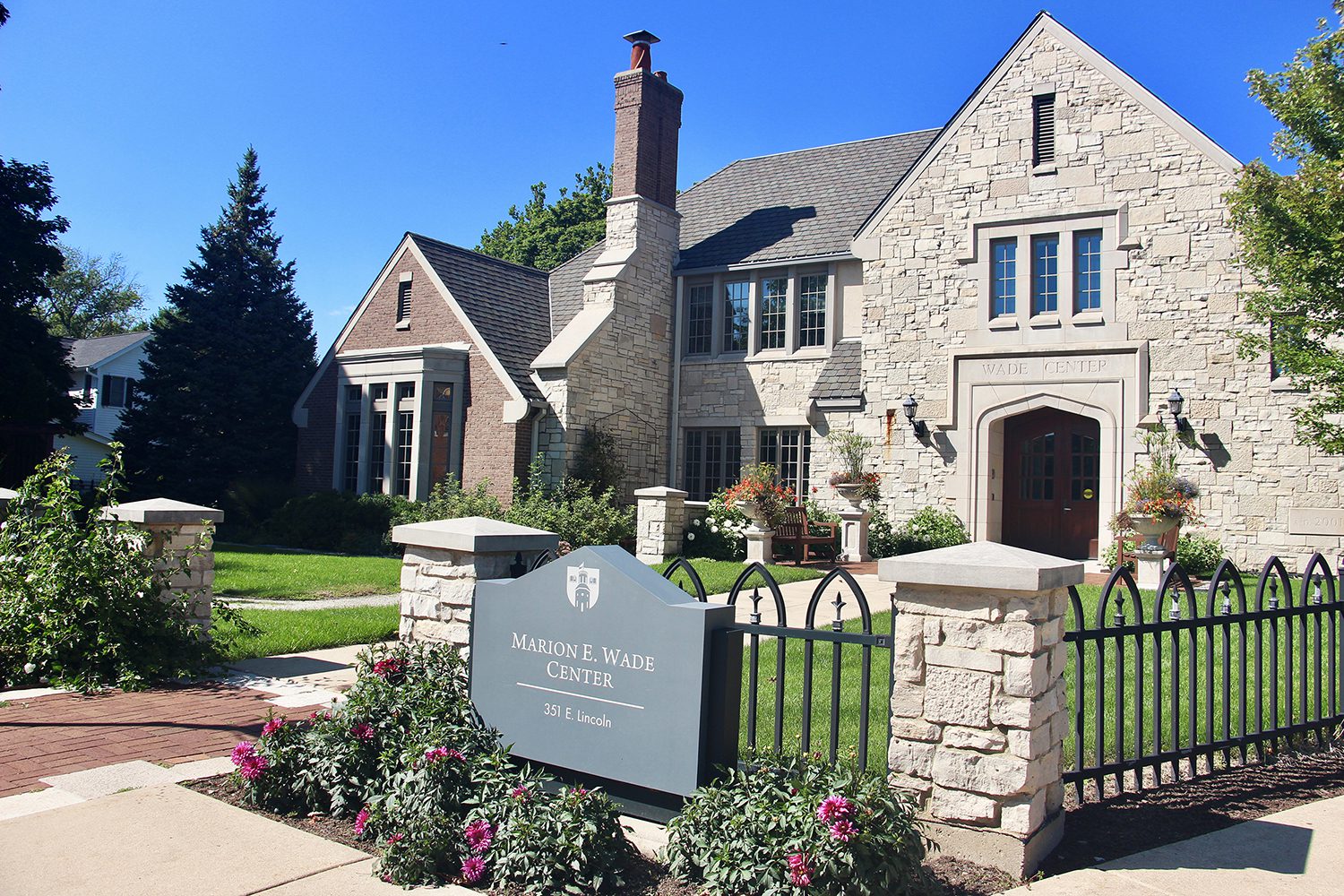
Marion E Wade Center, home to the Tolkien Library, is housed on the campus of Wheaton College in Illinois. RNS Photo by Emily Miller
An exhibit in the museum shows how those covers have changed over time, from Tolkien’s artful eye of Sauron circled by Elvish script to a 1980s paperback featuring an Olan Mills-style portrait of the dwarf Gimli and elf Legolas with flowing, romance-novel hair.
Another exhibit atop the dining room table from Lewis’ house displays merchandise that accompanied the popular “Lord of the Rings” films released in the early 2000’s and more recent films based on “The Hobbit.” There is a Lego scene of The Shire; a letter opener made to look like Bilbo Baggins’ Elven sword, Sting; even a board game.
The museum also features the small, nearly hobbit-sized desk at which Tolkien wrote “The Hobbit” and much of “Lord of the Rings,” as well as the dip pen he used to write, slightly melted on the end he used to tamp his pipe tobacco. Its most popular attraction, though, is the wardrobe carved by Lewis’ grandfather that inspired his beloved children’s story “The Lion, the Witch and the Wardrobe.”
Yes, there are fur coats inside.
On Tuesday, scholars from Ireland and Australia perused texts in the reading room, home to at least one copy of every book published by the seven Wade authors, as well as nearly everything ever published about them.
Meanwhile, across campus, members of the Wheaton College Tolkien Society shared their plans for watching “The Rings of Power” while manning a table at Wheaton’s club and ministry fair. The series had yet to premiere, and members were feeling both excited and apprehensive.

Elizabeth Church, president of the Wheaton College Tolkien Society, was one of several students helping to run a booth about the club at the school’s Club and Ministry Fair. RNS Photo by Emily McFarlan Miller
Tolkien Society President Elizabeth Church said that what drew her to Tolkien’s stories was the “found family aspect.” In the “Lord of the Rings” series, the Fellowship of the Ring brings together hobbits, elves, dwarves, humans and others for a single purpose: to destroy the one ring and defeat evil.
Church has found a similar family in Wheaton’s Tolkien Society, she said.
“We’re very much like the fellowship in the books in that we are a ragtag bunch of people who come together for one goal, which is to be a fellowship,” the senior said.
The first two episodes of “The Rings of Power” set up an epic battle between good and evil. In one of its opening scenes, a young Galadriel, who will become the elven Lady of Lórien in “Lord of the Rings,” questions how to recognize the light when evil masquerades as good.
The answer comes near the end of the episode: “Sometimes we cannot know until we have touched the darkness.”
Light and dark, good and evil are themes found throughout Tolkien’s work, Schmidt said before watching the new series.
And Schmidt, who advises the Tolkien Society, expects the series to get dark.
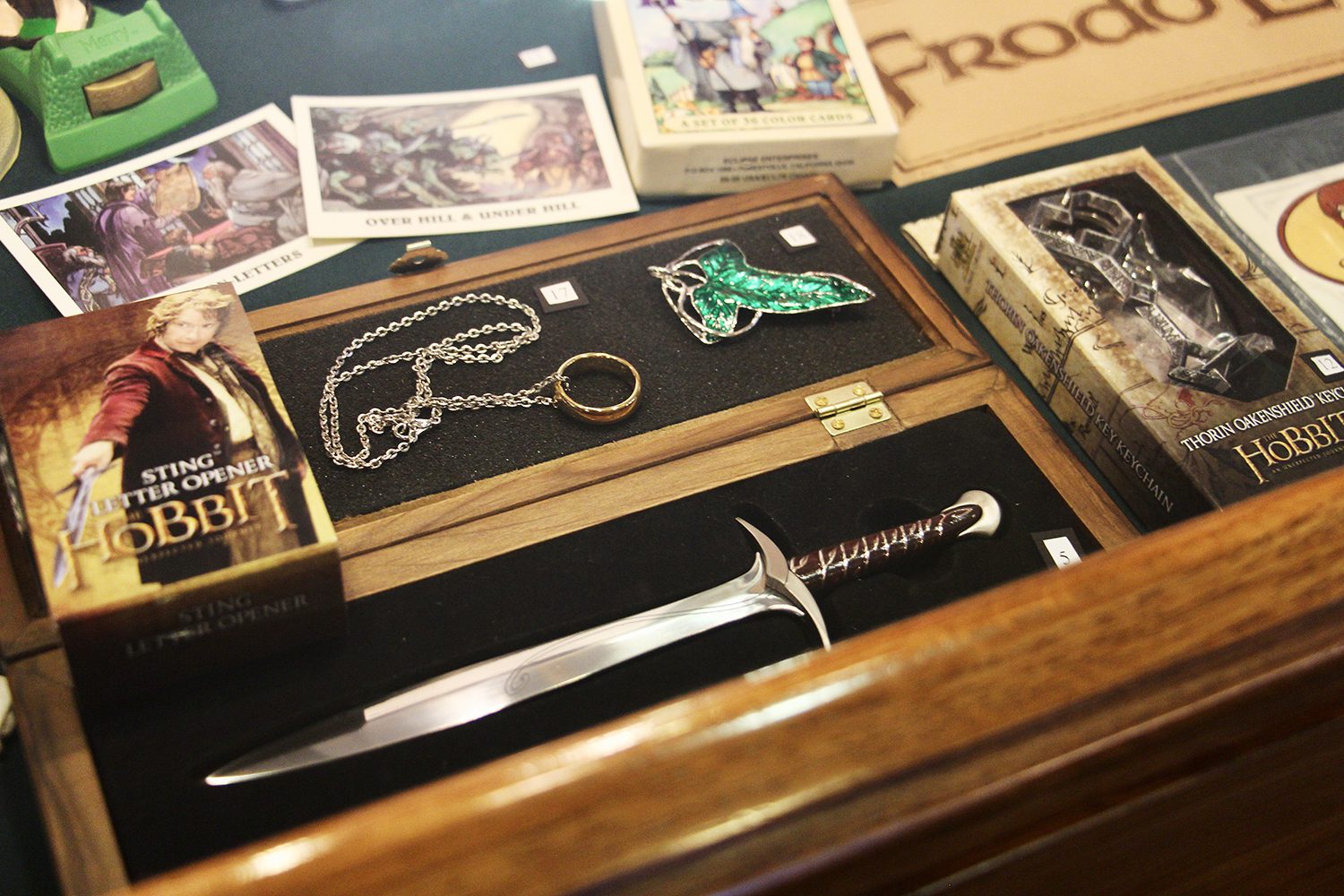
The Marion E. Wade Center at Wheaton College includes a wide variety of memorabilia including cards, miniature swords and other decorations symbolic of “The Hobbit” and “The Lord of the Rings” series. RNS Photo by Emily McFarlan Miller
It’s drawn from writings set before the events of “Lord of the Rings,” when the evil sorcerer Sauron is handing out what Schmidt jokingly called “friendship rings” to men, dwarves and elves that he’ll later use to control Middle-earth. It’s a long time before the conclusion of “The Return of the King,” the final book in Tolkien’s series, when good ultimately triumphs over evil.
Those themes are also part of the reason why the author’s work not only endures nearly 70 years after it first was published, but also has inspired what has been called the most expensive TV show ever made.
“I think that’s going to really resonate with people in this time and era now, because there’s a lot of darkness that we’re trying to figure out. That’s why these books are pertinent to our time, and it’s going to, hopefully, inspire hope in people’s hearts that the fight is worth fighting,” Schmidt said.
“Maybe we’ll get a ‘Return of the King’ in a few years.”





